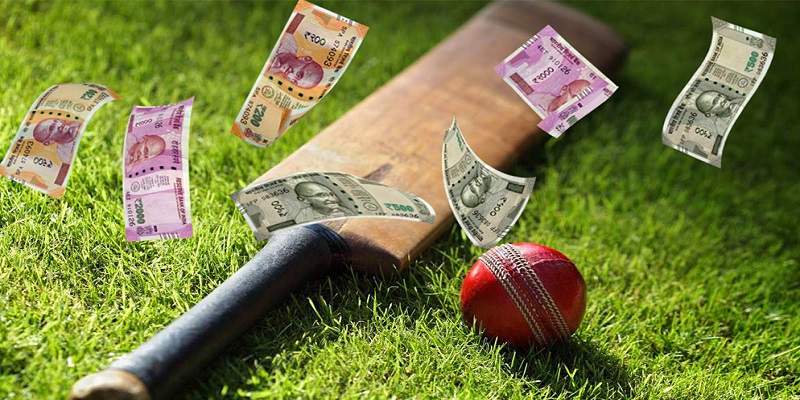In the realm of cricket, players and officials face allegations of breaching betting regulations, with three athletes confronting substantial fines.
The International Cricket Council (ICC) has levied charges against eight individuals, spanning players and officials, for purported infractions of anti-corruption protocols during high-profile cricket contests. While attempts to compromise the game’s integrity were unsuccessful, these alleged actions have resulted in grave accusations. This recent uproar highlights the intricate ties between cricket and sports betting, underscoring the ICC’s delicate juggling act in appeasing diverse stakeholders.
Take a break from current affairs and immerse yourself in the exhilarating universe of betting games with the trusted companion, 1win.
Three athletes are poised to encounter significant fines. Among those implicated by the ICC are notable players like Nasir Hossain, the versatile all-rounder from Bangladesh. Hossain stands accused of transgressing various regulations, including Article 2.4.3, for not reporting a gift exceeding $750. Additionally, allegations encompass his failure to disclose corruption approaches (Article 2.4.4) and reluctance to cooperate with investigations (Article 2.4.6).
Rizwan Javed and Saliya Saman, hailing from Sri Lanka, find themselves facing similar charges, allegedly violating Article 2.1.1 in connection to match-fixing attempts and Article 2.1.4, aiding in organising matches. Should these accusations hold true, the implications could substantially mar the careers of these athletes and potentially result in severe penalties.
A cohort of officials grapple with their own set of challenges. The charges extend to coaching personnel and other authorities, including Krishan Kumar Chaudhari and Parag Sanghvi, the co-owners of Pune Devils. Chaudhari reportedly exhibited non-cooperation with authorities and actively hindered corruption inquiries. Meanwhile, Sanghvi breached Article 2.2.1 concerning bets placed on cricket matches, facing additional allegations of non-cooperation during the investigation.
Among the other key figures involved are batting coach Ashar Zaidi, assistant coach Sunny Dillon, and team manager Shadab Ahmed, all accused of engaging in corrupt practices. Most implicated players and athletes confront temporary disqualification, with a deadline until 19 September to address the accusations. The ICC maintains a silence regarding Hossain and Ahmed, indicating potential discrepancies in their cases.
The association between sports betting and cricket reveals a complex dynamic. Sponsorships from gambling entities and betting avenues have significantly amplified the sport’s appeal. However, the allure of substantial winnings has spurred a mounting integrity quandary, compelling the ICC to remain vigilant and focus on potential violations. Breaches could culminate in disqualification for over a decade, yet stringent penalties alone may prove inadequate in curbing match-fixing.
The swift measures undertaken by the ICC in response to recent alleged infractions underscore the governing body’s unwavering dedication to preserving cricket’s integrity. Despite the imposition of severe penalties, sports corruption continues to be a burgeoning concern, frequently dominating headlines. It might be worthwhile for the ICC to consider adopting strategies akin to other esteemed leagues, such as the NFL, by introducing educational and preventive measures, fostering second thoughts among athletes and staff before venturing down an erroneous path.”

